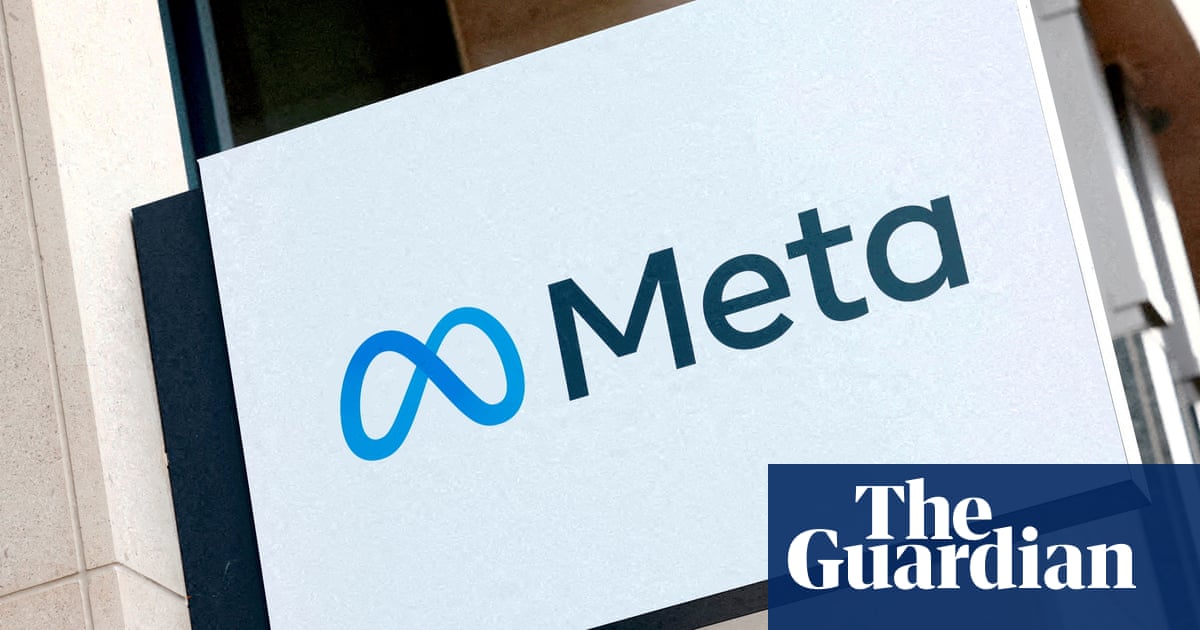Meta shares soared 12% in after-hours trading following a strong fourth-quarter earnings report released the day after CEO Mark Zuckerberg took a beating in a contentious congressional hearing.
The company also announced it will pay a 50 cent-per-share dividend to investors for the first time, and has authorized a $50bn share buyback program.
Overall, Meta reported fourth-quarter revenue of $40.1bn, beating the predicted $39.18bn and up 25% year-over-year. The report comes as Meta, like many of its big tech peers, is seeking to integrate artificial intelligence tools into its core products. In a statement accompanying the report, Zuckerberg said Meta has “made a lot of progress on our vision for advancing AI and the metaverse”.
“We expect our ambitious long-term AI research and product development efforts will require growing infrastructure investments beyond this year,” the company’s press release read.
In the previous quarter’s earnings call, Zuckerberg touted Meta’s plans to invest in AI, stating that it would be the company’s biggest investment area in 2024. Zuckerberg said in a video shared to Instagram earlier in January that the company would be acquiring $9bn worth of Nvidia chips to support its push to scale AI. The company laid off more than 20,000 employees in the last year and a half as it recalibrated its business.
AI will be used to enhance advertising campaigns and fuel advertising revenue as well as support new Meta products, including AI chatbots, Zuckerberg has said. Revenue from advertising, the company’s core business, was $38.7bn, compared with $31.25bn for the same time period the prior year. Meta’s hardware products like the Quest 3 VR headset have yet to contribute any sizable percentage of the company’s revenue.
Regulatory headwinds are probably top of mind for investors following Meta’s public browbeating at a congressional hearing on Wednesday, which was convened to interrogate Zuckerberg and other tech executives over their platforms’ impact on young users. The CEO offered condolences to parents in the crowd whose children had died after online exploitation.
Throughout the hearing, Congress members touted legislation that could strip Meta and other platforms of legal immunity for content posted on its platforms and comes months after Meta was hit with a massive lawsuit by attorneys general of 41 states suing the company over its impact on young users. New Mexico’s attorney general has additionally sued the company for allegedly failing to prevent child sexual exploitation and trafficking.
As a result of regulatory concerns, Meta has sought to diversify its core business – which has historically relied on advertising by way of collecting huge amounts of user data. Reality Labs, the segment responsible for developing its virtual reality products, faced losses of $4.65bn in the fourth quarter, up from $4.28bn for the same period the previous year and contributing to an overall loss of $16.12bn for the year of 2023. In a press release, Meta said it expected operating losses for Reality Labs to “increase meaningfully year-over-year” as it continues to try to scale the ecosystem.










